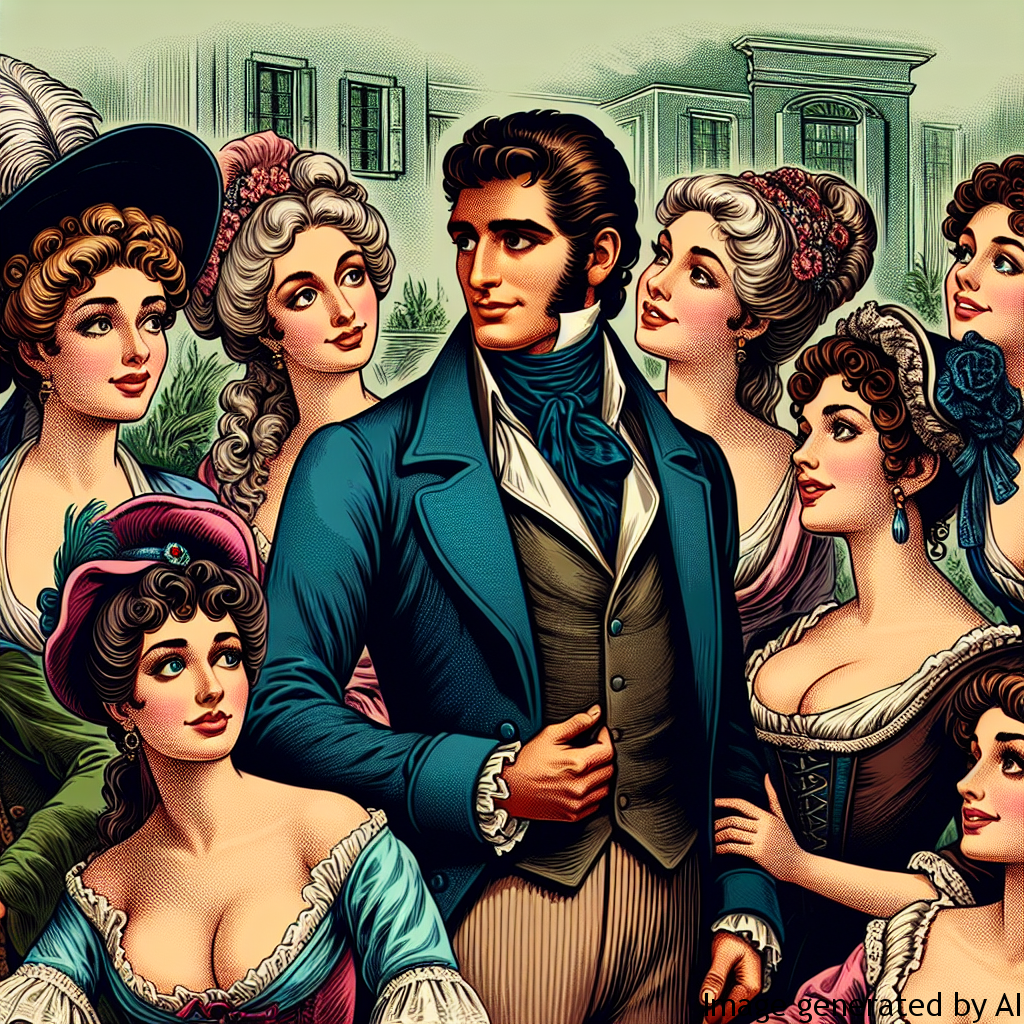Introduction
Giacomo Casanova, frequently known simply as Casanova, was a well-known Italian playwright, author, adventurer, and, most notably, an iconic womanizer of the 18th century. While Casanova’s name has become synonymous with being a skilled seducer of women, few people explore the deeper emotional and psychological effects related to longstanding gender expectations on men like Casanova. In this article, we intend to delve further into this topic, analyzing the influence of gender roles on the psychological wellbeing of men using Casanova’s life as a reference point.
Description of Gender Expectations and Their Influence on Men’s Psychological Health
In Casanova’s epoch, as in many other periods of history, men were expected to be dominant, assertive, and emotionally detached. Such societal expectations often put intense pressure on men to conform, potentially leading to a slew of psychological repercussions.
The Role of Emotional Repression
The expectation for men to withhold their emotions can deny them a healthy outlet for feelings, potentially leading to stress, anxiety, and depression. Studies have shown that persistent emotional repression can greatly impact mental health and overall happiness. Casanova’s stories depict a man that was constantly in pursuit of love and affection but found this elusive due to the roles dictated by society.
Pressure for Dominance
Men, as portrayed by the image of Casanova, are also frequently made to feel a need to assert power or dominance, particularly over women. This is often associated with self-esteem issues and can lead to disrupted interpersonal relationships.
Examples of How Gender Roles Can Affect Men’s Lives
In Casanova’s life, the expectations of him being a master seducer could have mounted an extraordinary burden. His flamboyant lifestyle was likely driven by the pressure to perform and validate his masculinity and dominance. This, in turn, dictated the course of his life, steering him away from emotional stability and overall mental health.
Advice on Improving Psychological Health Considering Gender Roles
The ongoing evolution in understanding gender roles and their implications offers a pathway for men to navigate their way through societal expectations. Encouraging emotional openness, avoiding stereotyping, fostering equality, and prioritizing mental health are key steps towards improving psychological wellbeing. Casanova’s life illustrates that conforming to the idealized masculine image does not necessarily result in happiness or fulfilment.
Conclusion
Historically, male figures such as Casanova have been both admired and criticized for their adherence to the traditional male role. However, it’s essential to recognize the potential harm that rigid gender roles can cause to the psychological health of individuals. Casanova’s life serves as a strong reminder of the need for society to continue challenging outdated gender norms to facilitate healthier, happier lives for all.

